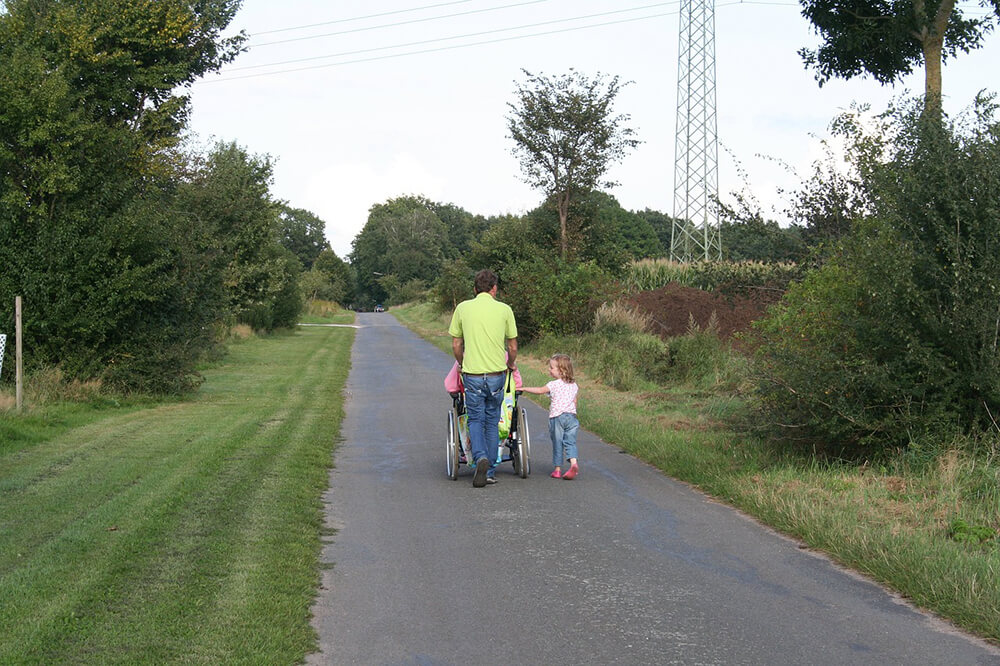
An accident could happen anywhere—a car crash, the workplace, in a sport, or even at home. If an accident is bad enough, it can cause serious injuries that are debilitating to the victims. Each year there are over 20 million traumatic injuries caused by motor vehicle accidents, as reported by the World Health Organization (WHO). Not only do traumatic injuries affect the physical and mental health and abilities of a victim, but they can also greatly impact the victim’s family in the same ways.
Debilitating Injuries and Traumatic Stress
Some people walk away from car accidents with just some scratches or sore muscles. Others are seriously injured by the impact and must learn to live with their injuries for the rest of their lives. Some debilitating injuries that come from car collisions and other accidents are:
- Traumatic brain injury (TBI)
- Spinal cord injury
- Burns
- Loss of limbs
While physical ability could be changed by any of these injuries, mental health and the ability to communicate might also be affected. All of these afflictions require treatment and might keep the victim from returning to work, which can lead to financial stress on the victim and their family. Visits to hospitals and general practitioners as well as bills for in-home care, equipment, and any other medical expenses can be financially draining for a family, especially when the treatment is for a serious injury.
But financial stress isn’t the only problem families might experience. An article by the journal Frontiers in Psychology reports that the psychological symptoms associated with the injured person’s experience are likely to extend to and influence their family members as well. The emotional stress put on everyone can cause tension between family members and strain relationships.
A family experiences added struggles when the person injured is a parent because it limits their ability to provide for their family in the ways that they used to. This can cause sadness and feeling like they have less value to the family for the victim, while the other parent must adapt to be able to provide all of the care that was previously split two ways. The injured parent must also adapt so that they can perform any task possible to help out with the family.
Patient and Family Coping
When a person experiences a debilitating injury from a car accident, which is a traumatic event within itself, the family might also register the injury as a traumatic event, and so they all must learn to cope together, which is called family resilience, according to The National Child Traumatic Stress Network (NCTSN). Family therapy might be helpful so that they can continue to communicate openly and constructively.
When a family member is seriously injured, their parents, spouse, or children often become caregivers and take on more responsibilities than the average family might. When you are a caregiver for the victim of a debilitating injury, experts from the NCTSN claim that you’ll want to establish a routine but keep some flexibility. Routines can help with coping, as well as give the victim a sense of normalcy.
While the victim and family have a long road ahead full of new stress and struggles, the experience might also bring them all closer together from relying on and supporting each other through such a difficult time.
When an accident inflicts you with a debilitating injury, you and your family will have a long road ahead of you to get back to feeling normal. This could mean many doctors’ appointments, meetings with physical and emotional therapists, and figuring out a new routine. DiPiero Simmons McGinley & Bastress, PLLC in Charleston, West Virginia, can help you receive compensation for your injuries so that you can afford all of your new expenses. Contact us today for a free consultation so we can start working to get you justice.







